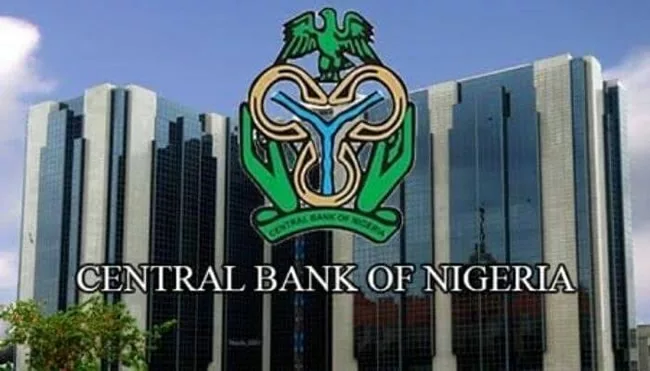The Central Bank of Nigeria (CBN) is mulling over a stringent crackdown on Bureau De Change (BDC) street trading and proposing a maximum cash purchase limit of $500 for selling foreign exchange (FX). This revelation surfaced in the apex bank’s newly proposed regulatory guidelines for BDC operators in Nigeria.
While the proposed ban on street trading by BDCs echoes previous regulatory directives from 2015, the CBN aims to fortify its stance on permissible activities for BDCs. These include acquiring forex from approved sources, adhering to FX sales guidelines, and serving as cashout points for International Money Transfer Operators (IMTOs). However, the apex bank prohibits BDCs from engaging in street trading, account maintenance, deposit acceptance, and loan provision, among other activities.
Additionally, the CBN mandates sellers of forex exceeding $10,000 to disclose the source of the forex, emphasizing compliance with Anti-Money Laundering (AML), Counter Financing of Terrorism (CFT), and Combating Proliferation of Financing (CPF) regulations. Furthermore, the proposed regulation seeks to ban cash payments exceeding $500 for forex purchases, directing such transactions to customers’ Naira bank accounts or prepaid NGN cards for non-resident customers.
The CBN’s move comes amidst efforts to combat currency speculation, with the Governor attributing the naira’s significant depreciation to undervaluation.
In recent months, the apex bank has introduced various initiatives aimed at enhancing forex market liquidity and stabilizing the naira’s value.
The proposed regulations aim to streamline BDC operations, curb operator proliferation, and provide oversight to the CBN.
While subject to review, the regulations signify a broader effort to formalize the forex trading industry. Concurrently, security agencies like the Economic and Financial Crimes Commission (EFCC) and the Department of State Services (DSS) have initiated crackdowns on street forex traders, furthering the push for industry formalization. Additionally, reports of Nigerian traders facing restrictions on accessing platforms like Binance and Coinbase highlight ongoing efforts to regulate forex and cryptocurrency trading activities.





